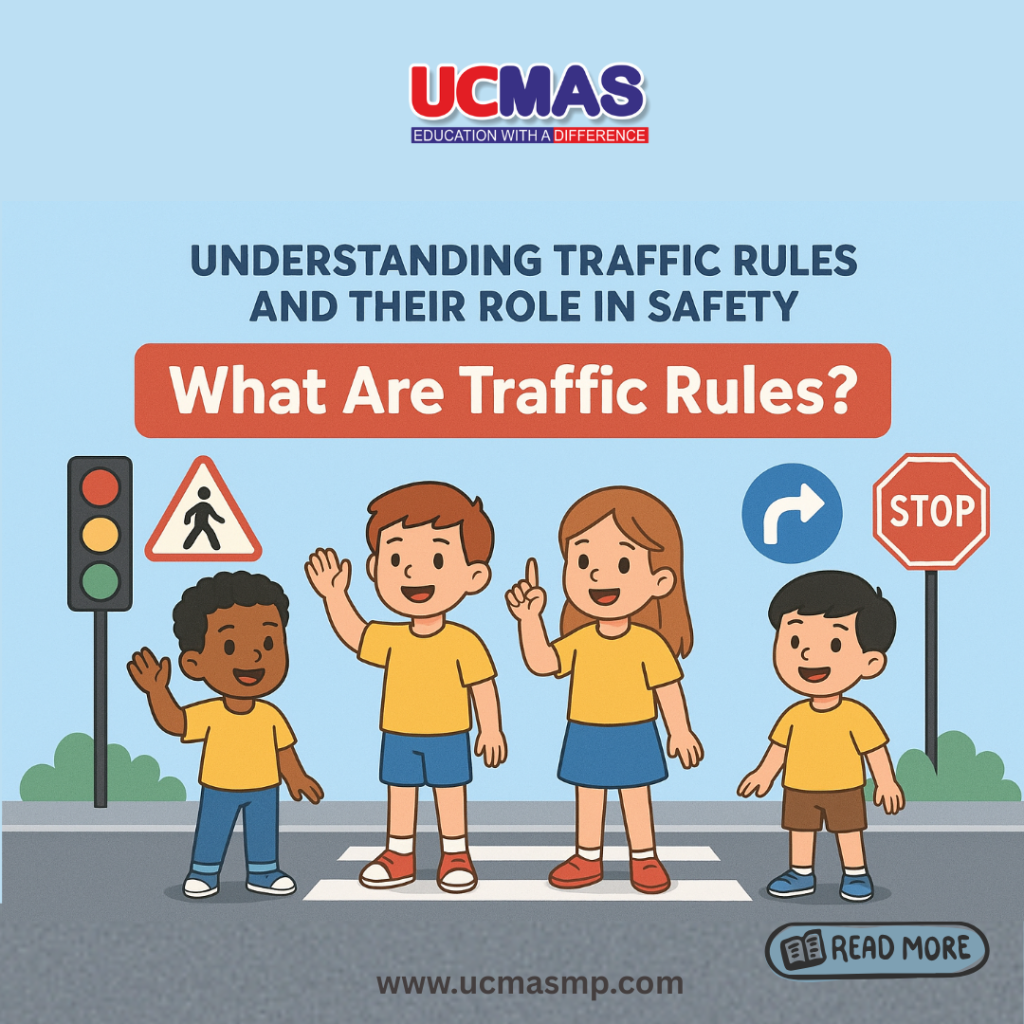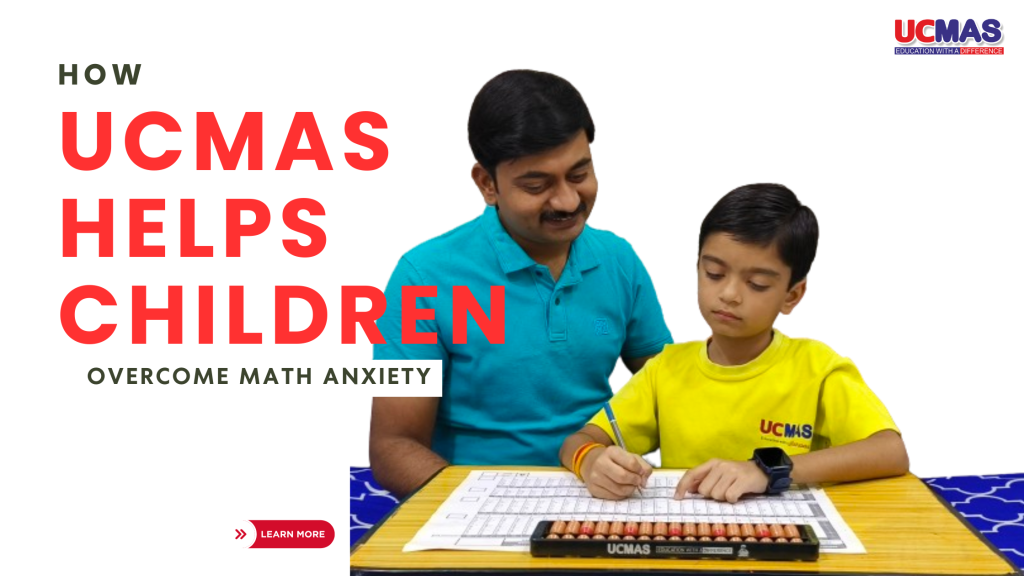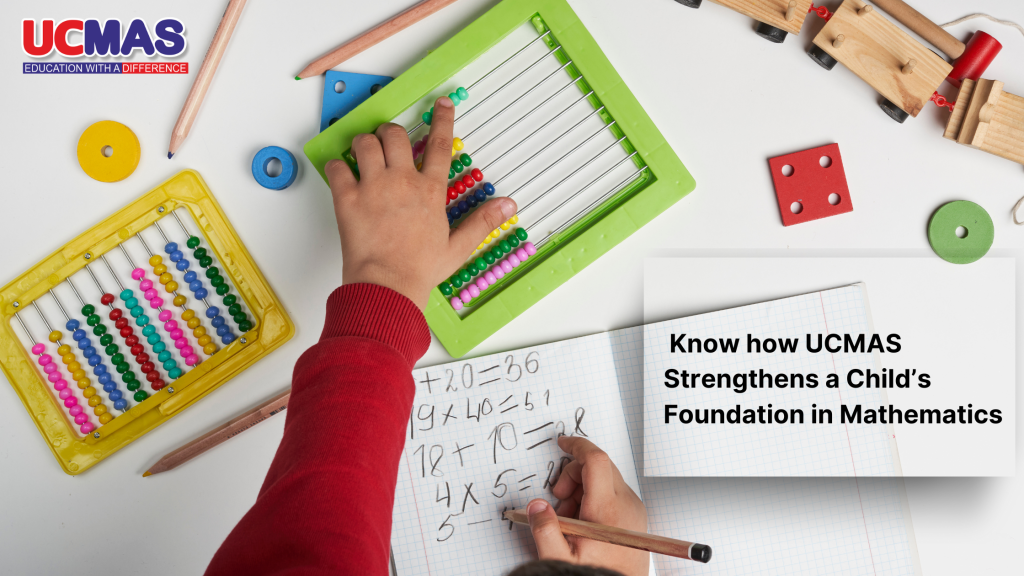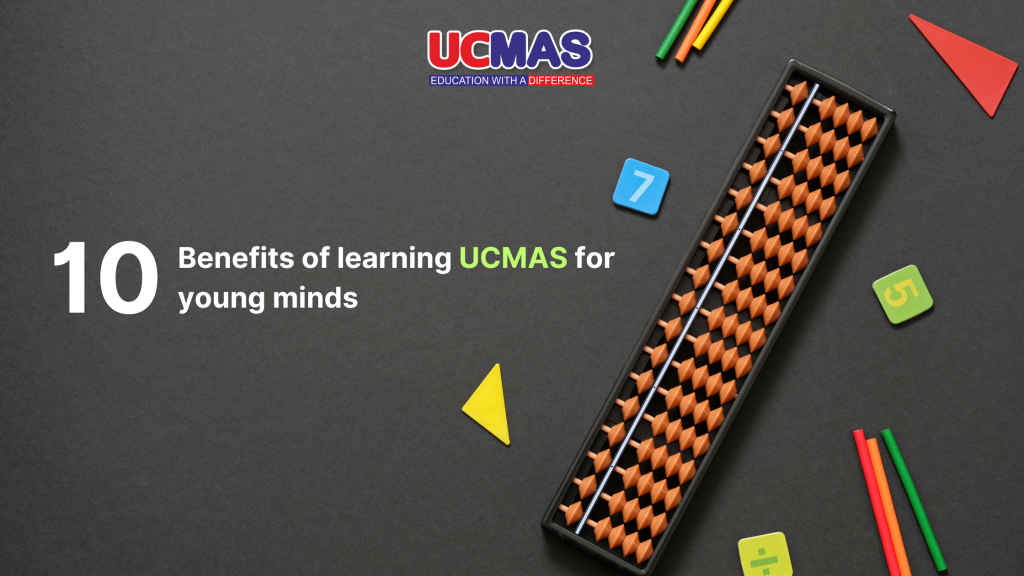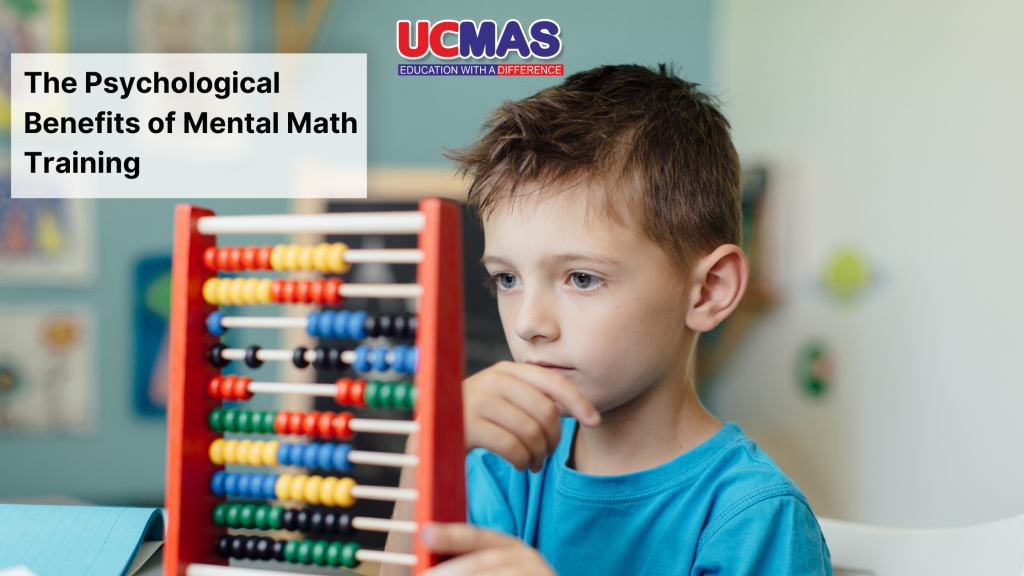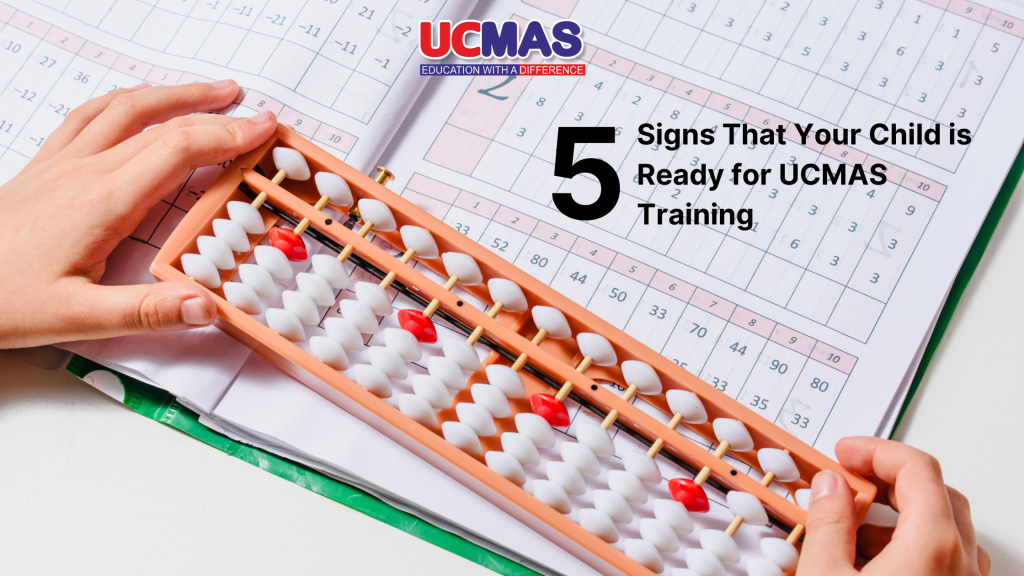What is Child Sexual Abuse?
Child sexual abuse is any sexual activity involving a child that they do not fully comprehend, are unable to give informed consent to, or are not developmentally prepared for. This includes physical contact (e.g. touching, penetration) or non-contact acts (e.g. Exposure to pornography, etc.) It is a global issue that transcends socioeconomic, cultural, and geographic boundaries, affecting children of all backgrounds. For explicit information about the many ways in which children today are sexually abused, please feel free to check the internet for yourself. This article is going to shed light on common predators practically present in every child’s life, preparing our young ones to identify creepy behaviours and report them, and if children fail to express, then how should parents identify a change in their child’s behaviour and find the underlying cause behind it. In today’s world, parenting has become more challenging than ever. When both parents are busy working, children begin spending time outside their home as early as 6-9 months. Sadly, Predators are often people known to the child or family, such as relatives, caregivers, teachers, or family friends. This familiarity can blur the lines between appropriate and inappropriate behaviour. The village that our grandparents and parents once had is now shrinking. In some fortunate cases, the primary caregivers are lucky to be living close to their own parents, creating a loving and safe network for children to grow in. But, for many others, moving cities for work and staying away from families, while raising their own children, is the New Normal. How is this impacting Small Families? New-age parents are forced to depend on people they barely know, whether it’s staff in creches or playschools, or even bus drivers/conductors or nannies at home. Such a shift in our lifestyle automatically involves a lot of trusting, but this must also push parents into following their gut feeling and keeping an eye on every small movement in their children’s lives. Does it mean you become helicopter parents? Yes, if you must. However, If you are a conscious parent and would not like to hover over your child’s life every day, then you must start right from the beginning. Creating Awareness How can a parent expose their child to the disturbing dangers of this world? You may think, but this is something that every parent-child equation will have to figure out for themselves, how much information to share to create awareness. Awareness here does not only mean bringing their attention to the outside world; it goes a level deeper. Everything starts at home… Let’s understand the many ways in which parents confuse their children, making them more vulnerable to Sexual Abuse. Raising our children to be people pleasers We were raised to be people pleasers; it was almost unacceptable to our parents to see us not interacting with a said person. And, as children, it was beyond our understanding as to why we needed to be our best in front of everyone, even with people who had no relevance in our upbringing. This needs to change, and it does not mean our children have the right to be impolite or misbehave with others, but it simply means they should be driven by their intuition. Feeling embarrassed by our child’s behaviour Many parents take it upon themselves and feel embarrassed about their child feeling shy or uncomfortable around people. You may definitely apologise on their behalf, but do not hold a grudge with your children and Do not force them to talk to people against their will. Children are born with a strong sense of natural instincts; they depend on their feelings for the longest time, and expression through words comes much later. This means they may fail terribly at explaining why they feel uneasy around someone, but this can be a huge cue for parents to go back and retrospect on their child’s behalf. Not having boundaries with our children We must truly believe our children are special and that they need to be respected just like Adults. This means creating boundaries like physical limits, rules for respectful behaviour, emotional expression and routines. Healthy boundaries protect the child, teach responsibility, and foster self-respect. Not teaching our children about Personal Space As Adults, it’s our responsibility to teach our young ones about Personal Space. It can be simply described as an invisible bubble around a person’s body. When people get too close, it makes others feel uncomfortable. Draw diagrams or pictures of people with their personal space bubbles. You can also use a “relationship ruler” to show how the space needed varies with different relationships. Be a Role Model – Children learn by observing. Show them how to give others space by naturally stepping back or asking for permission to enter someone’s space. Create Safe Spaces: Encourage children to speak up when they need space. You can help them learn phrases like, “Excuse me, I need a little more room” Recognise Red Flags: Help children identify inappropriate behaviours, such as adults asking them to keep secrets, giving excessive gifts, or invading personal space. How Parents Can Identify Behavioural Changes Children may not always verbalise abuse, but changes in behaviour can be indicators: Why are Children Vulnerable to Sexual Abuse Lack of Awareness: Without clear guidance on good vs. bad touch, children may not recognise abuse, especially from trusted individuals. Power Imbalance: Children often feel powerless to resist adults or older peers, particularly if the abuser is someone they’re taught to respect. Confusion from Trust: Abusers often exploit the trust they’ve built with both the child and parents, making it harder for children to identify or report inappropriate behaviour. In conclusion, Child sexual abuse is preventable through awareness, open communication, and empowering children to recognise and report inappropriate behaviour. Parents must balance vigilance with fostering independence, teaching children to trust their instincts while maintaining healthy boundaries. By creating a culture of respect and open dialogue, we can protect children and help them grow into confident, self-assured individuals.
What is Child Sexual Abuse? Read More »

